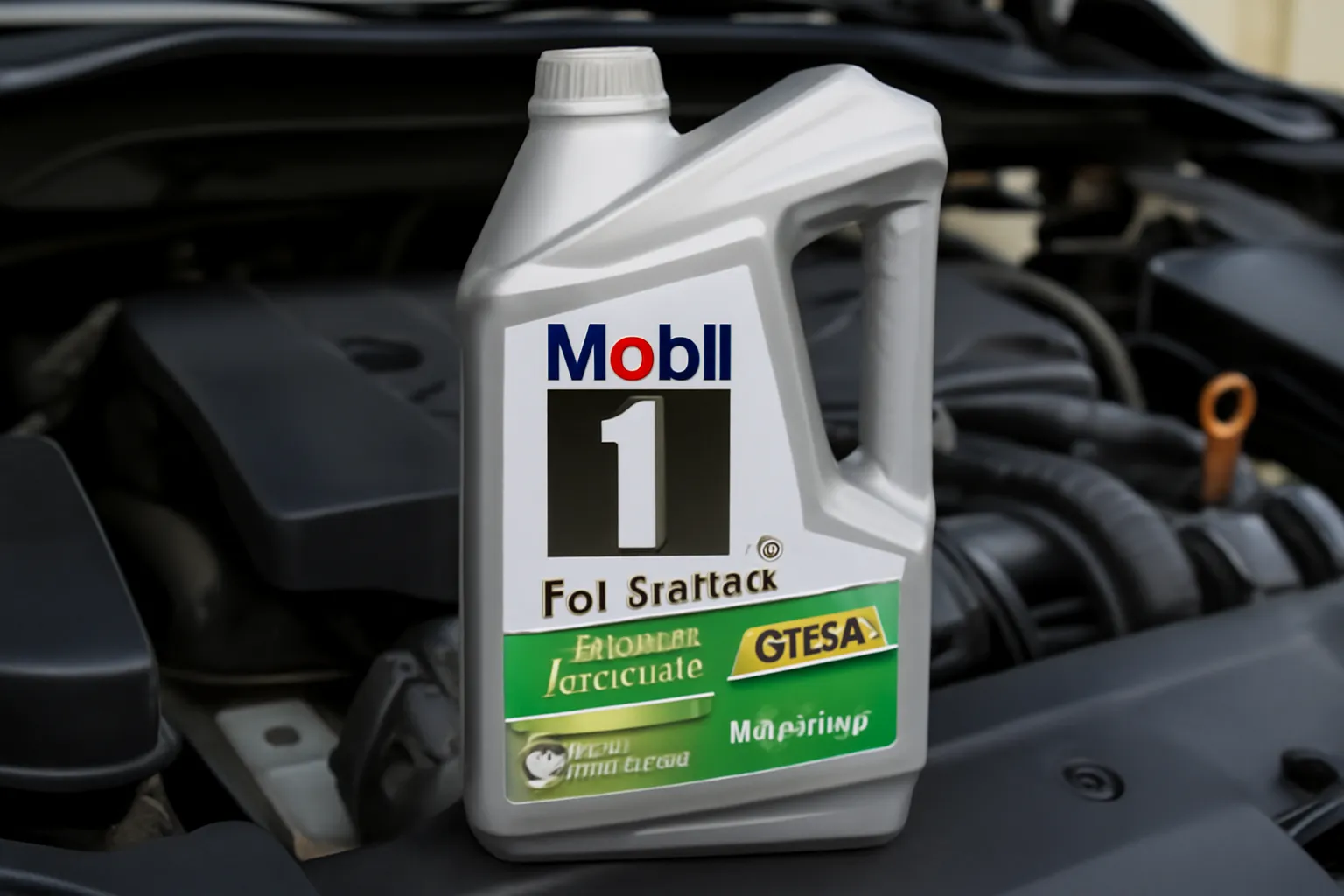Are you looking for the best 0W-20 engine oil? Discover our top recommendations and tips for choosing the right engine oil for your vehicle. What makes 0W-20 the ideal choice for many car owners? Read on to find out!
Introduction to 0W-20 Engine Oil
When it comes to keeping your vehicle’s engine running smoothly, the type of oil you use plays a critical role. 0W-20 engine oil is a popular choice among vehicle owners for its excellent performance in various weather conditions, especially in colder climates. This synthetic oil is designed to flow easily at low temperatures, ensuring quick lubrication during those chilly morning starts, while maintaining optimal engine protection at higher temperatures. But with so many brands and variations of 0W-20 oil on the market, how do you know which one to pick?
In this article, we’ll break down the benefits of 0W-20 engine oil, provide some recommendations, and discuss why it could be the perfect fit for your vehicle. Let’s dive in!
Why Choose 0W-20 Engine Oil?
0W-20 engine oil has become a go-to choice for many modern cars, especially those requiring fuel efficiency and long-term engine protection. It combines the benefits of a low viscosity at cold temperatures (the “0W” designation) and the ability to maintain a higher viscosity at operating temperatures (the “20” part). Here are some key reasons why this oil grade is so popular:
-
Cold Start Performance The “0W” part of the oil indicates that it remains thin enough to flow at very low temperatures. This is crucial for colder regions or vehicles exposed to harsh winters, as it reduces engine wear and ensures proper lubrication when starting the car on cold mornings.
-
Improved Fuel Efficiency The lower viscosity of 0W-20 oil means it offers less resistance, reducing friction in the engine. This, in turn, can improve fuel economy by allowing the engine to run more efficiently, which is especially beneficial for vehicles that need to meet stringent fuel economy standards.
-
High-Temperature Stability While 0W-20 oil flows easily at low temperatures, it also performs well at higher temperatures, offering stable protection for your engine during extended drives or in hotter climates.
-
Extended Oil Change Intervals Many 0W-20 oils, especially synthetic versions, are formulated to last longer than conventional oils. This means fewer oil changes and potentially lower maintenance costs over time.
Recommended 0W-20 Engine Oils
Several high-quality 0W-20 engine oils are available, each designed to cater to specific vehicle needs and driving conditions. Here are a few top-rated choices:
-
Mobil 1 Full Synthetic 0W-20 A trusted name in the industry, Mobil 1 provides excellent protection against engine wear and offers superior high and low-temperature performance. It also helps improve fuel efficiency, making it an ideal option for both newer and older vehicles.
-
Castrol EDGE 0W-20 Full Synthetic Castrol’s EDGE oil is formulated with Fluid Titanium Technology, which reduces oil breakdown and maximizes engine performance. It’s especially beneficial for high-performance vehicles, providing extra protection under extreme pressure.
-
Royal Purple High Performance 0W-20 This oil is known for its advanced additives that promote engine longevity and reduce friction. Royal Purple is particularly suitable for vehicles that require high-performance oils, such as sports cars and modified engines.
-
Valvoline Advanced Full Synthetic 0W-20 Known for its high-quality synthetic formula, Valvoline provides exceptional wear protection and helps prevent the build-up of harmful engine deposits. It’s also a great choice for vehicles requiring higher fuel efficiency.
For detailed specifications, reviews, and user feedback on these oils, be sure to check trusted sources like Naver or Google.
👉 Check more about 0W-20 Engine Oil 👈
0W-20 vs. 5W-30: Which Should You Choose?
When it comes to engine oil, two of the most common options are 0W-20 and 5W-30. The difference between these two grades lies primarily in the viscosity ratings. Both have their strengths and the best choice for your vehicle will depend on various factors, including your car’s manufacturer recommendations and your driving conditions.
-
Cold Weather Performance 0W-20 oil is thinner at low temperatures compared to 5W-30. This means it flows more easily during cold starts, providing better lubrication in winter conditions.
-
Fuel Economy The lower viscosity of 0W-20 also contributes to better fuel efficiency. It causes less friction inside the engine, making it an excellent choice for those looking to maximize fuel economy.
-
Engine Protection While both oils provide great protection at high temperatures, 5W-30 is a bit thicker and may offer slightly better protection under high load conditions, such as towing or performance driving. However, for everyday driving and cold starts, 0W-20 should still provide ample protection.
When to Choose 0W-20 Over 5W-30?
-
If you live in an area with cold winters or frequently experience freezing temperatures.
-
If your vehicle’s manufacturer specifically recommends 0W-20 oil for optimal performance and longevity.
-
If fuel economy is a high priority for you.
When to Choose 5W-30 Over 0W-20?
-
If your vehicle’s manufacturer calls for 5W-30 oil and you live in a warmer climate.
-
If you’re frequently driving under heavier loads, such as towing or high-performance driving, where thicker oil might provide additional protection.
👉 Find more about 0W-20 vs. 5W-30 Engine Oil 👈
Conclusion
Choosing the right engine oil for your car is crucial for its performance and longevity. 0W-20 engine oil is a fantastic option for most modern vehicles, especially those that require good cold-start performance and fuel efficiency. Whether you choose Mobil 1, Castrol, or another trusted brand, you can rest assured that 0W-20 oil will keep your engine running smoothly in a variety of conditions.
Before selecting an oil, always refer to your vehicle’s owner manual to ensure you’re choosing the correct grade. Regular oil changes using high-quality oil will extend your engine’s lifespan and improve overall performance.
As a final note, remember that the right oil for your car is just as important as the fuel you use. Choose wisely, and your vehicle will thank you with a long, healthy life on the road!






